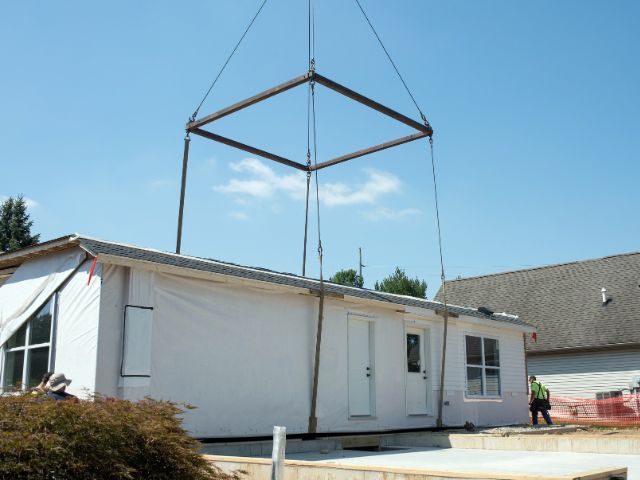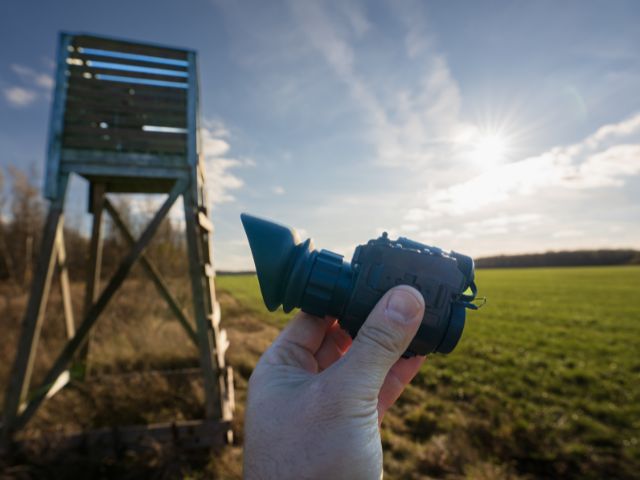
Urban living offers a unique blend of conveniences, cultural experiences, and professional opportunities. However, it also presents a set of health challenges often overlooked amidst the hustle and bustle of city life. For urban dwellers, understanding human health problems that affect the areas they live in is the first step toward fostering a healthier, cleaner living environment.
One of the most pressing concerns for city residents is air pollution. Pollutants from vehicles, industrial activities, and even construction sites can significantly degrade air quality. Long-term exposure to polluted air can lead to respiratory problems, cardiovascular diseases, and even cognitive impairments.
To deal with such issues, residents must learn to use local air quality indexes to stay informed about air pollution levels. Residents should consider walking, cycling, or public transit to reduce their carbon footprint and exposure to pollutants.
The constant hum of city life is a big draw for people, but it’s potentially harmful in some situations. Persistent exposure to high noise levels can lead to stress, disturbed sleep, and even heart disease.
Many people soundproof their living and workspace with double-glazed windows and insulated doors. Conversely, some turn to mindful relaxation with noise-canceling meditation techniques and white noise machines to promote better sleep.
Another significant health hazard in urban environments is the contamination of water systems. There are various ways that water systems can become contaminated, affecting both the quality and safety of drinking water. Exposure to contaminated water can cause a range of health issues, from gastrointestinal illnesses to more severe conditions like cholera or lead poisoning.
Residents must invest in a high-quality water filtration system, pay attention to local water quality reports, and actively participate in local initiatives aimed at improving water infrastructure and reducing industrial runoff.
Fast food and processed meals are often more accessible in urban settings than fresh produce, leading to poor diet choices. This can also lead to a range of health issues, from obesity to nutrient deficiencies. Meal planning is especially important in such conditions. Plan your meals in advance to avoid relying on convenience foods, and try to seek out local farmer’s markets to support small-scale agriculture while accessing fresh produce.
In addition to other problems, urban areas often lack sufficient green spaces, which are vital for physical activity, mental health, and general well-being. Without easy access to parks, gardens, and other recreational spaces, city dwellers face a higher risk of obesity, depression, and anxiety.
Residents must learn to seek out hidden green spaces in their neighborhood or take advantage of local trails for outdoor activities. You can also get involved with community gardening projects to promote environmental sustainability and social connections.
While living in urban areas undoubtedly comes with human health-related problems, awareness and proactive measures can significantly mitigate these risks. It’s about making better choices for personal well-being and contributing to the broader movement toward creating healthier, more sustainable urban environments for future generations.
24World Media does not take any responsibility of the information you see on this page. The content this page contains is from independent third-party content provider. If you have any concerns regarding the content, please free to write us here: contact@24worldmedia.com
Latest Posts

Why Stainless Steel Products Are Used in the Medical Field

How Industrial Facilities Can Reduce Energy Consumption

5 Mistakes That Supplement Companies Should Avoid

How To Extend the Life of Your Concrete Floors

4 Tips To Help Your Employees Be More Productive

The Threats Beehives Face When Improperly Moved

Building Up: The Daily Life of an Ironworker

Interesting Facts About Prefab Home Construction

Boat Battery Maintenance Tips and Tricks

Important Tips for Pursuing a Career in the Logging Industry

4 Mistakes To Avoid in Hazardous Materials Storage

The Benefits of Night Vision When Hunting